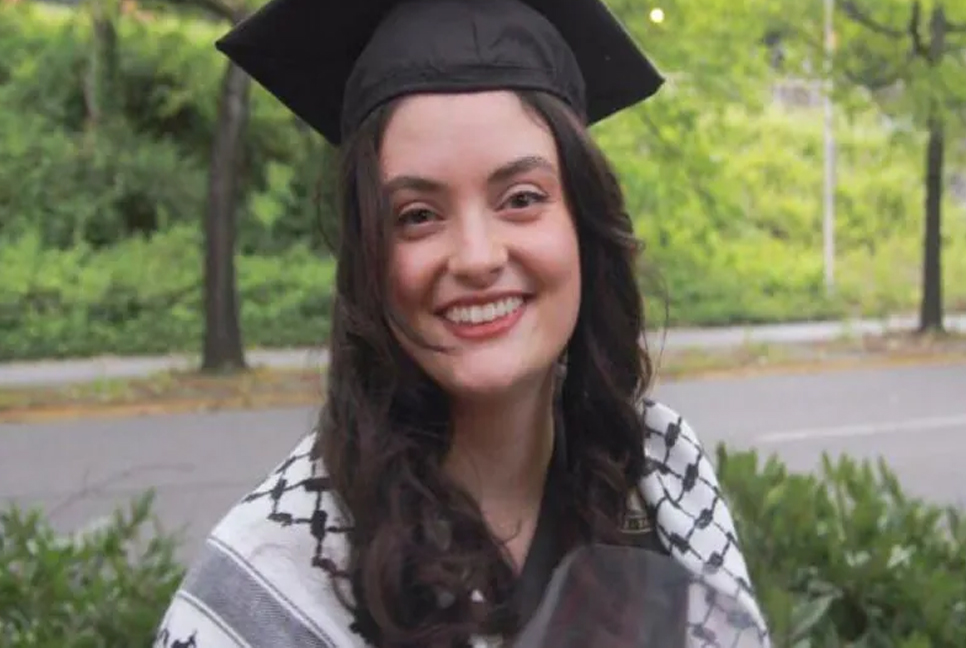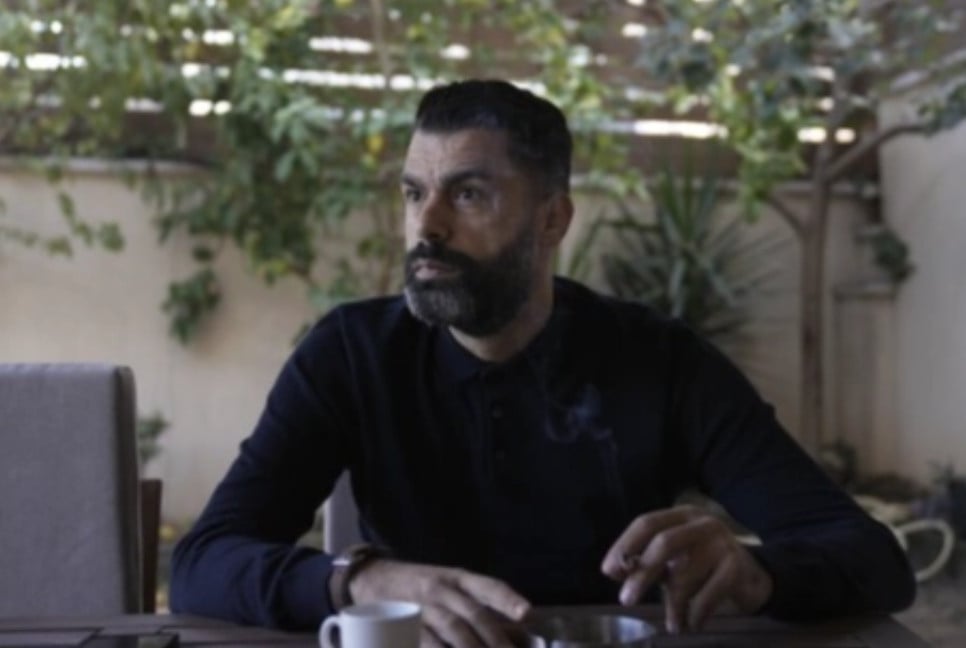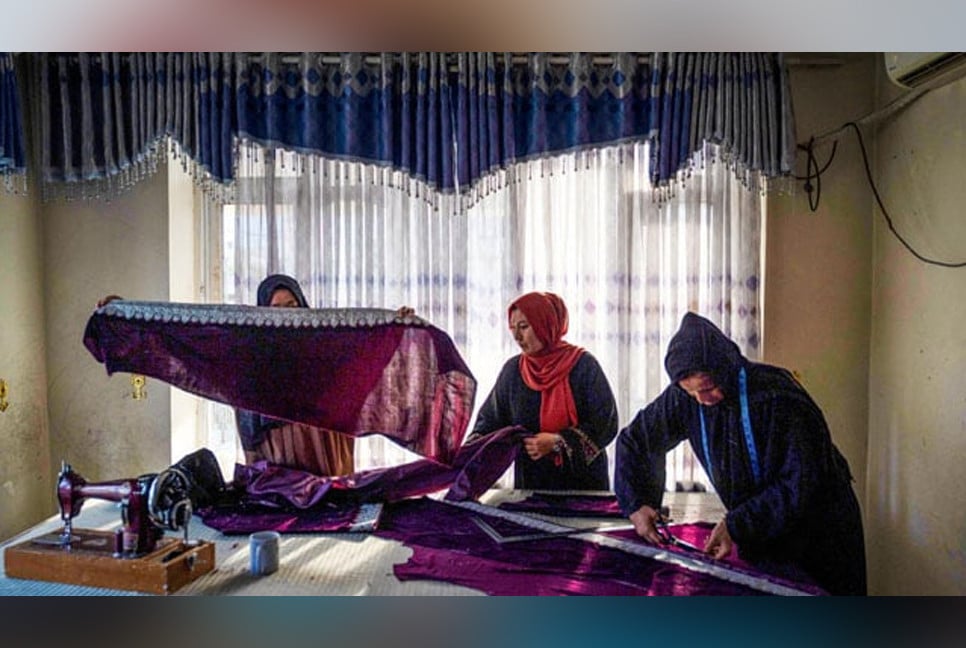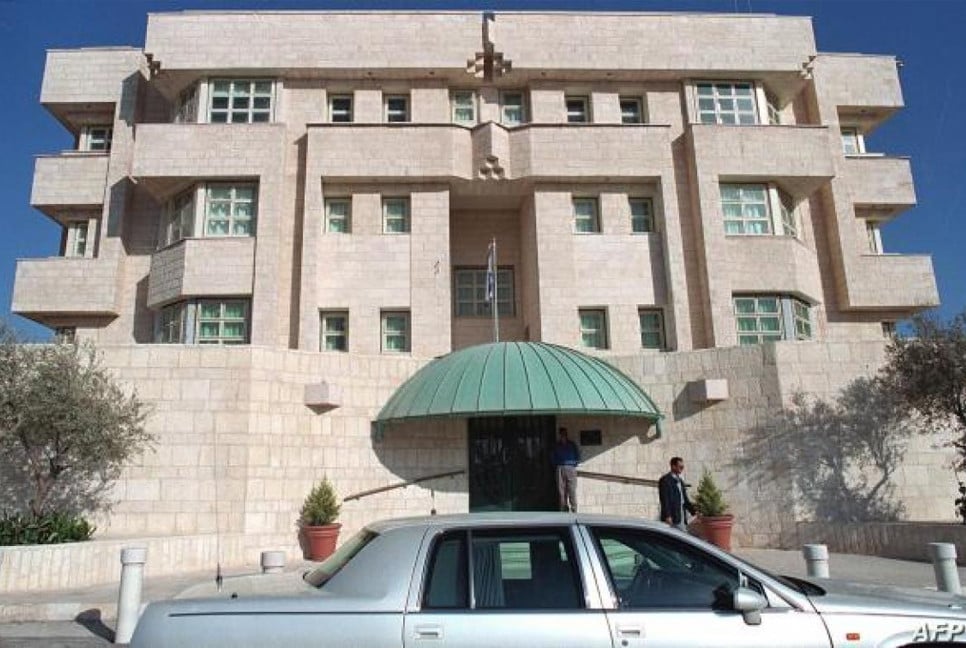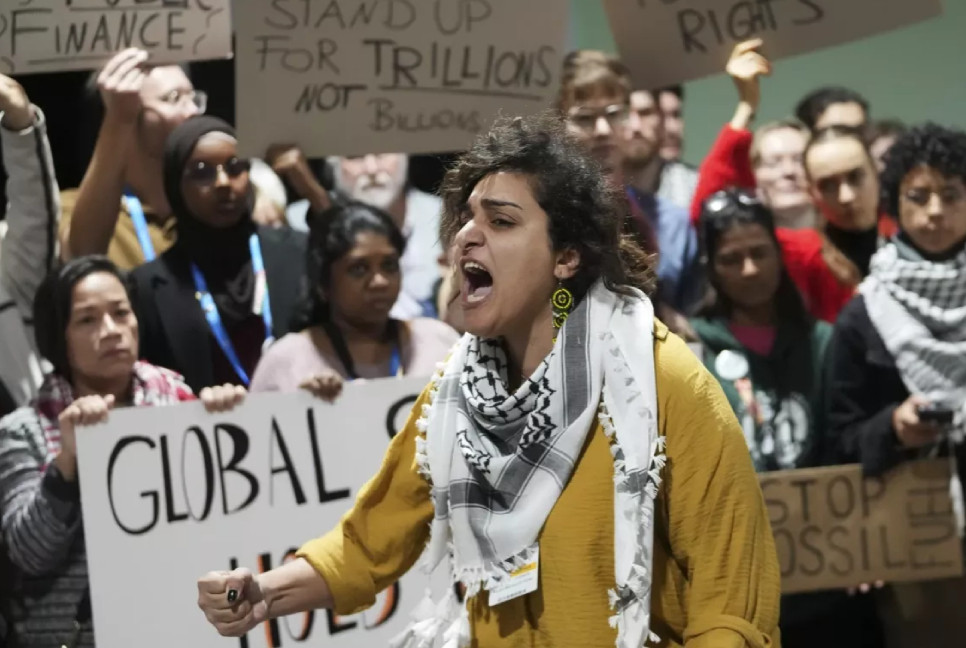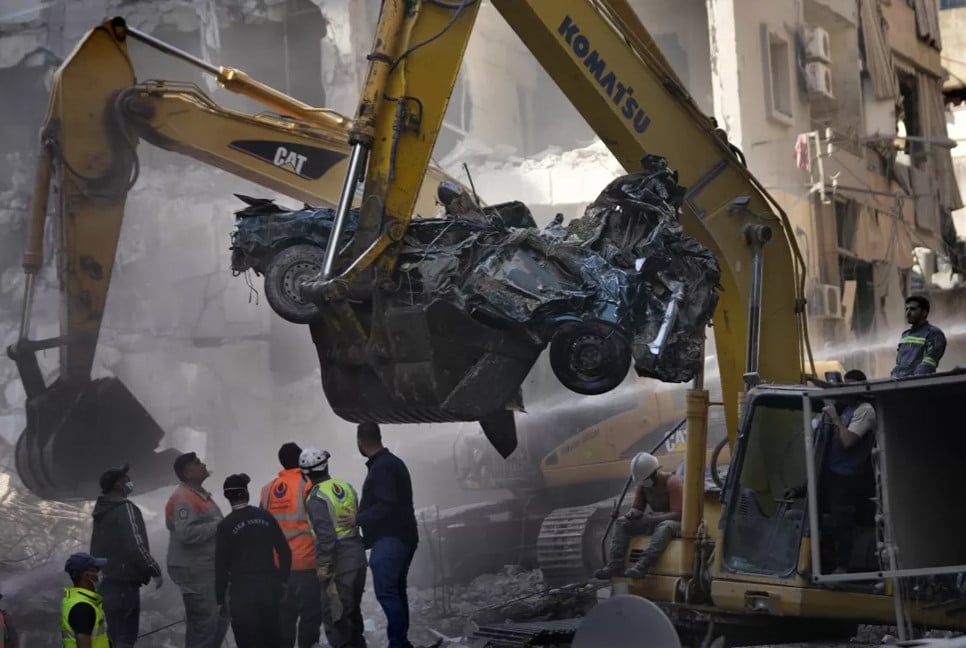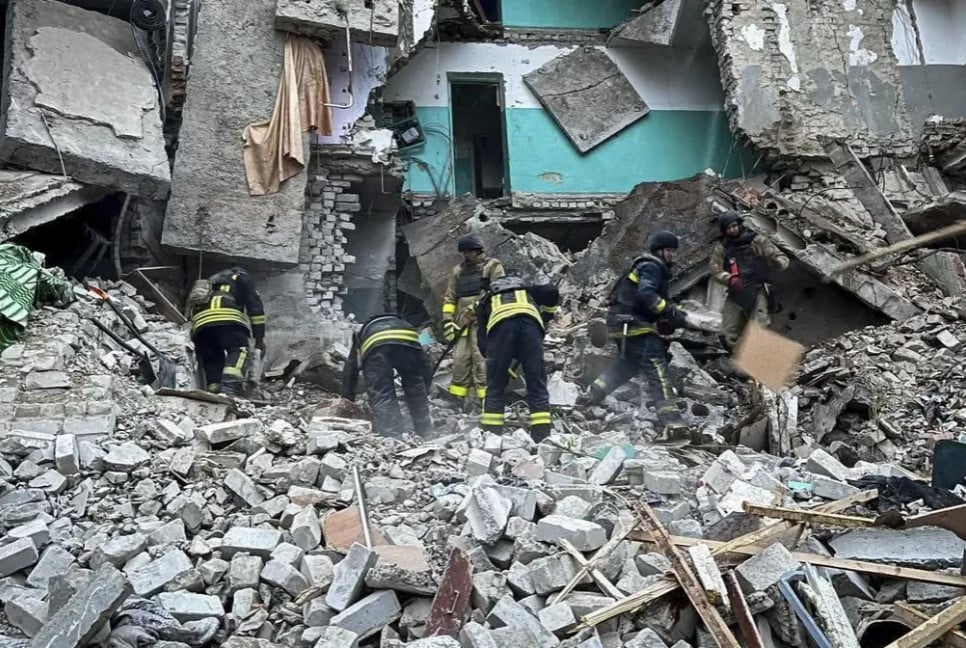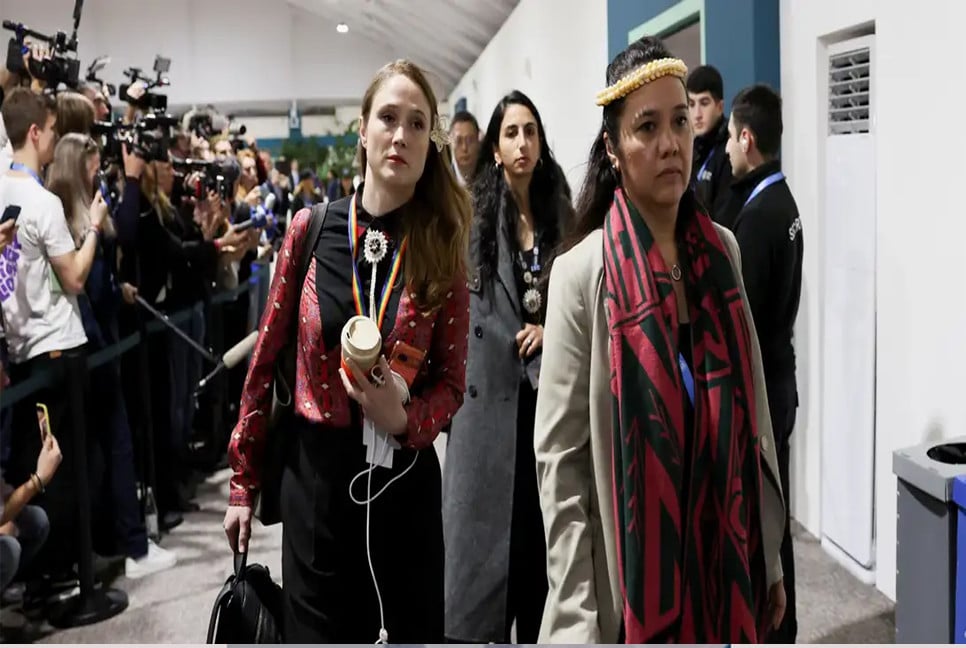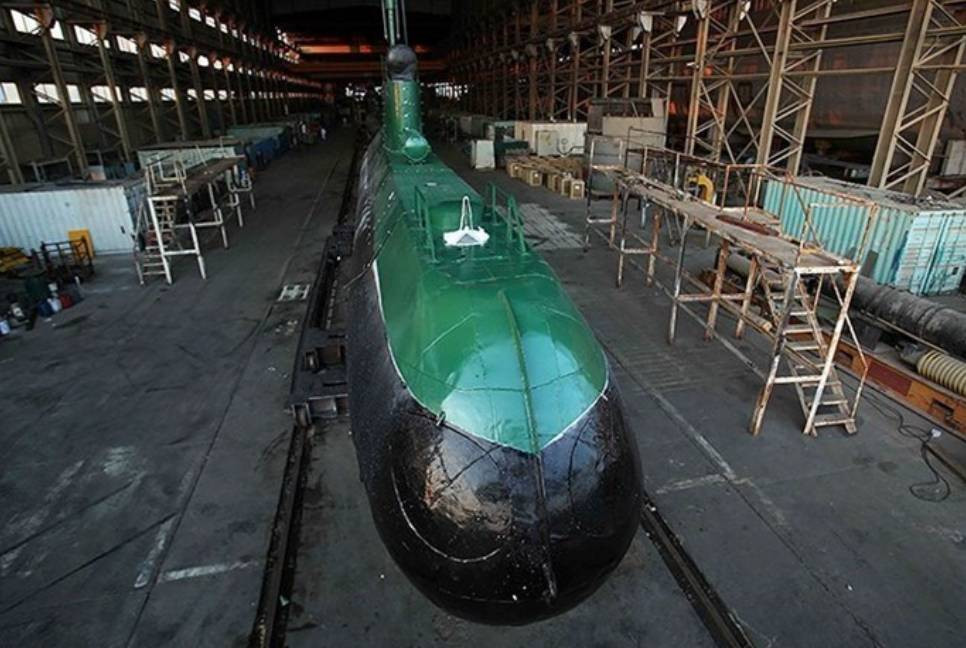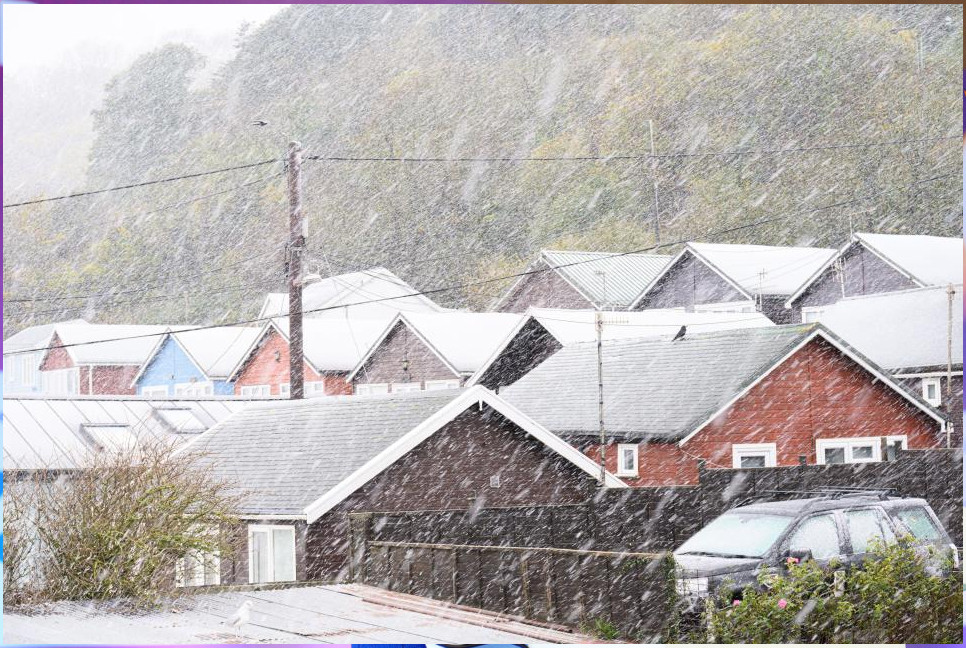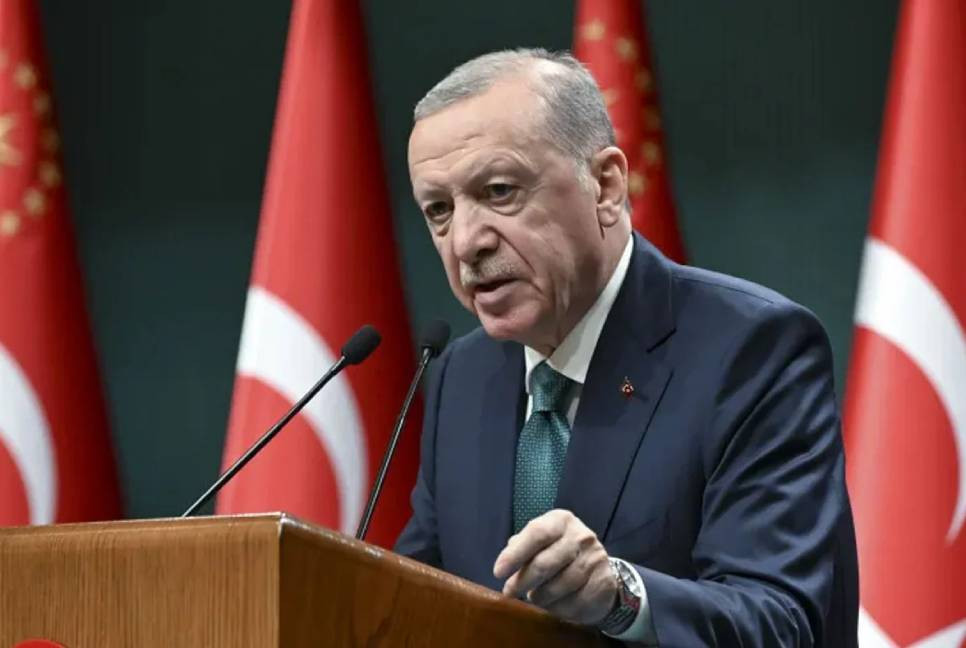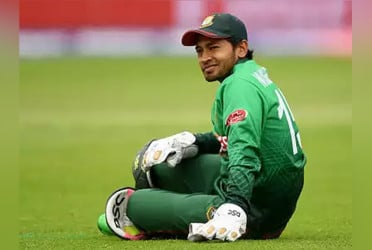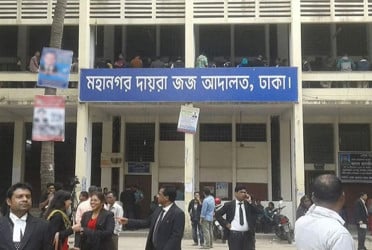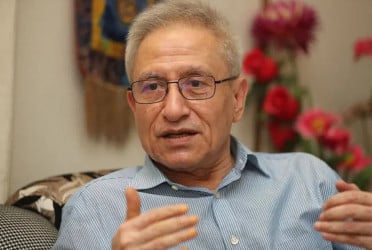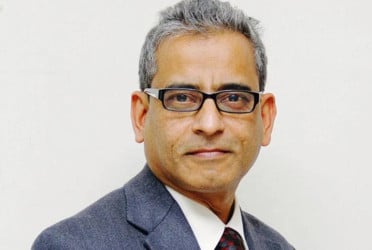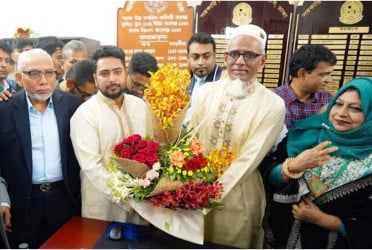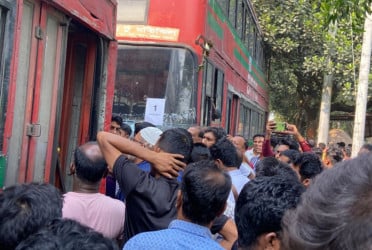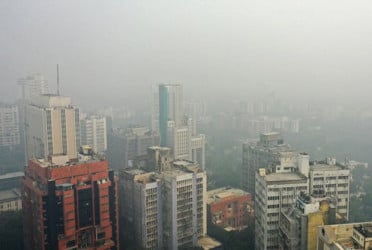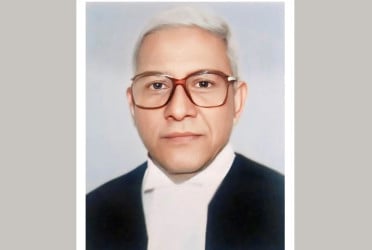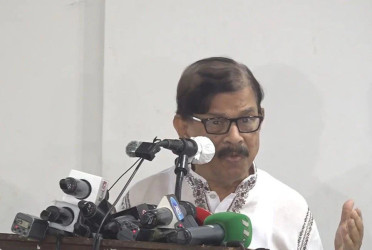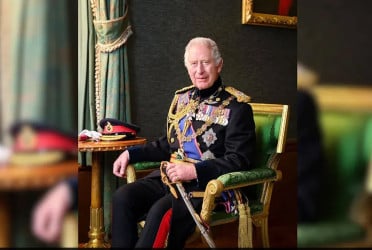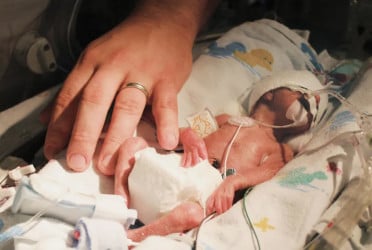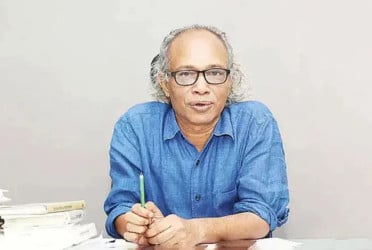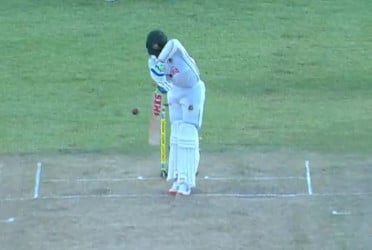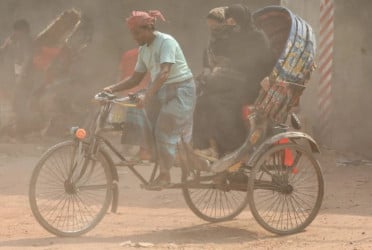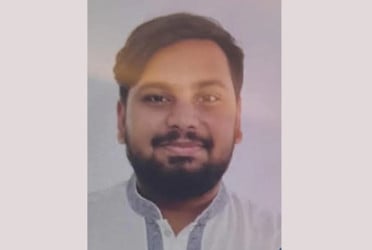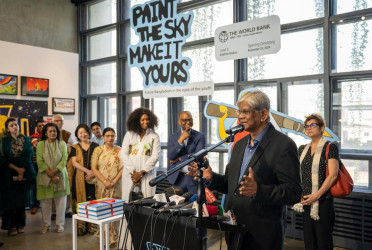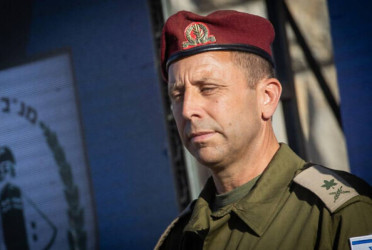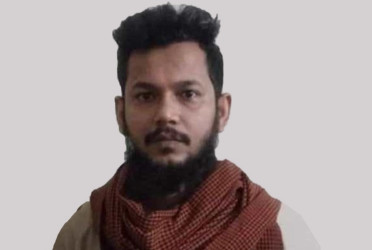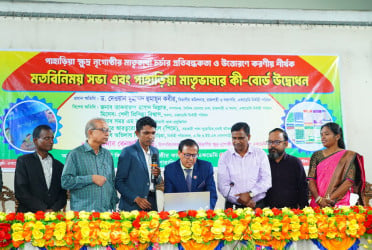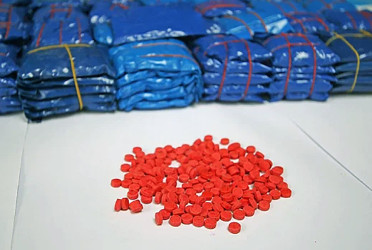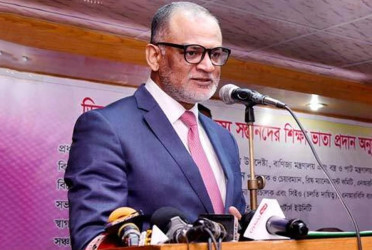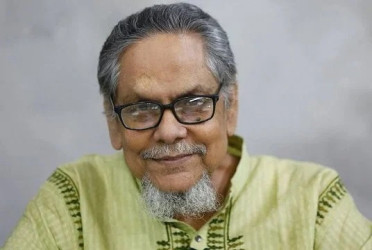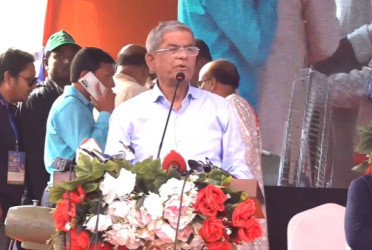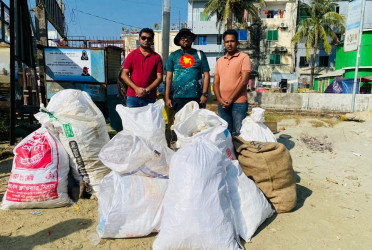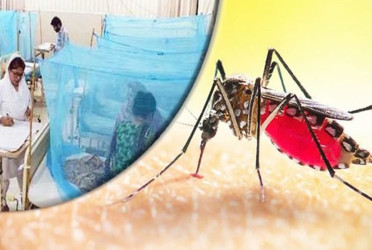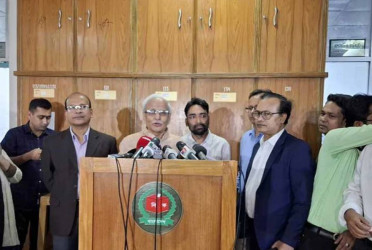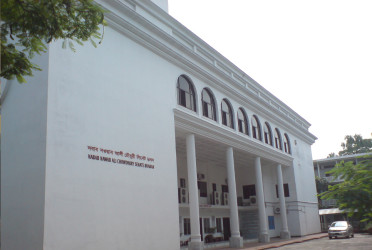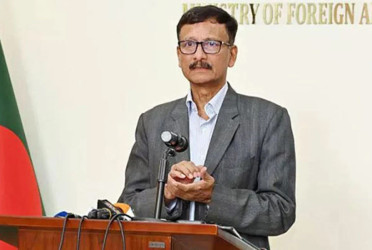A 26-year-old US-Turkish woman has been shot dead in the occupied West Bank during a protest on Friday, where Israeli forces opened fire.
Aysenur Ezgi Eygi, who had joint nationality, was taking part in a protest against Jewish settlement expansion in the town of Beita near Nablus.
According to local media reports, Ms Eygi was shot by Israeli troops.
The Israel Defense Forces (IDF) said it was "looking into reports that a foreign national was killed as a result of shots fired in the area".
A fellow protester told the BBC Friday's demonstration was Ms Eygi's first time attending a protest with the International Solidarity Movement, a pro-Palestinian group.
US Secretary of State Antony Blinken deplored the "tragic loss", while Turkish President Recep Tayyip Erdogan branded the Israeli action "barbaric".
Turkey's foreign ministry said Ms Eygi was "killed by Israeli occupation soldiers in the city of Nablus".
The White House did not ascribe blame, but called on Israel to investigate.
Earlier, US state department spokesman Matthew Miller said Washington was "urgently gathering more information about the circumstances of her death".
Ms Eygi was born in Antalya, as reported by Turkish media.
The dual-national was rushed to a hospital in Nablus and later pronounced dead.
Dr Fouad Nafaa, head of Rafidia Hospital where Ms Eygi was admitted, confirmed that a US citizen in her mid-20s had died from a "gunshot in the head".
In a statement, the IDF said: "Today (Friday), during Israeli security forces activity adjacent to the area of Beita, the forces responded with fire toward a main instigator of violent activity who hurled rocks at the forces and posed a threat to them.
"The IDF is looking into reports that a foreign national was killed as a result of shots fired in the area. The details of the incident and the circumstances in which she was hit are under review."
Jonathan Pollak, an Israeli activist who was at the same protest as Ms Eygi, said he had heard "two separate shots of live ammunition, shot one after the other... and then I heard another shot".
"I found her lying on the ground, beside the tree, bleeding from her head," Mr Pollak told AFP news agency, as he showed blood on the hand he used to stop Ms Eygi's head from bleeding.
"I took her pulse, she had a very weak pulse, we called the ambulance.
"From there we evacuated her to the village's medical centre, where the doctor came into the ambulance and continued into the hospital, where they tried to resuscitate her but failed."
Mr Pollak said the killing was "now receiving the light of day because she is an American citizen".
In an interview with the BBC's Newshour programme, Mr Pollak was asked about the IDF's statement, where the Israeli military said security forces had been responding to "a main instigator who hurled rocks at the forces and posed a threat to them". Mr Pollak said there had been clashes but he felt that soldiers had been "under no threat".
He also said that where Ms Eygi was shot had been a "separate incident at a separate place", adding that there had been "no stone throwing" where she had been.
Israeli forces withdrew from Jenin city and its refugee camp in the occupied West Bank on Friday, following a major nine-day operation there.
The Palestinian health ministry says at least 36 Palestinians were killed - 21 from Jenin governorate - in that time. Most of the dead have been claimed by armed groups as members, but the ministry says children are also among those killed.
In the past 50 years, Israel has built settlements in the West Bank and East Jerusalem, where more than 700,000 Jews now live.
Settlements are held to be illegal under international law - that is the position of the UN Security Council and the UK government, among others - although Israel rejects this.
Bd pratidin English/Lutful Hoque

